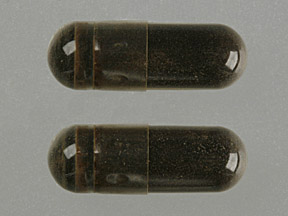
Valerian Root Coupons & Savings Card – Discount Prices from $2.81
Our coupons are free to use. Before paying, show the pharmacist your Valerian Root savings card to get your free discount. Use our filters below to edit the prescription box to match your needs. The Valerian Root prices will update based on your prescription needs. Above our Valerian Root coupons, you can change your location to see pharmacy prices and costs in other areas. We're here to help you buy Valerian Root at the lowest price with our prescription discount card.
My prescription
Edit
450MG, Valerian Root (20 Capsules)
Select pharmacy

Walgreens
$2.81
COUPON PRICE
Albertsons
$4.32
COUPON PRICEValerian Root savings card
Show this card to your pharmacist
Walgreens
$2.81
BIN
ID
PCN
GRP
019876
LH567317AB
CHIPPO
LHX
Powered by
Our coupons are free to use. Before paying, show the pharmacist your Valerian Root savings card to get your free discount. Use our filters below to edit the prescription box to match your needs. The Valerian Root prices will update based on your prescription needs. Above our Valerian Root coupons, you can change your location to see pharmacy prices and costs in other areas. We're here to help you buy Valerian Root at the lowest price with our prescription discount card.
Our coupons are free to use. Before paying, show the pharmacist your Valerian Root savings card to get your free discount. Use our filters below to edit the prescription box to match your needs. The Valerian Root prices will update based on your prescription needs. Above our Valerian Root coupons, you can change your location to see pharmacy prices and costs in other areas. We're here to help you buy Valerian Root at the lowest price with our prescription discount card.
